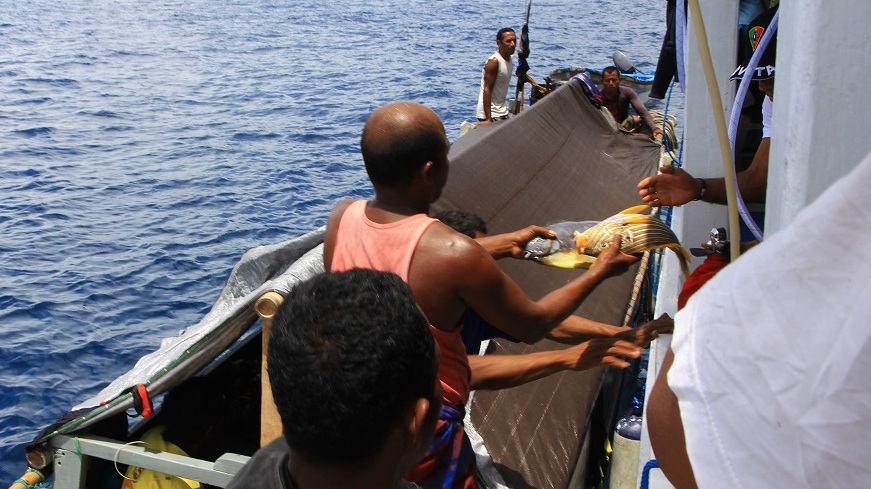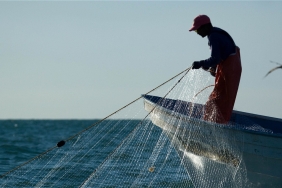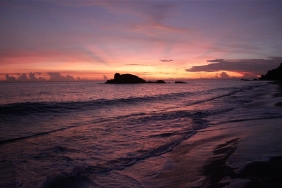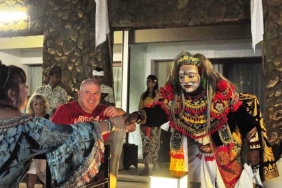IMPROVING CAPTURE AND HANDLING OF GROUPERS AND SNAPPERS IN PROBOLINGGO
By Fransiska Sonya Puspita (Capture Fisheries Assistant WWF-Indonesia)
Translated by IRA
On February 17, 2018, WWF-Indonesia organized a training on Better Management Practices (BMP) for groupers and snappers to fishermen from Koperasi Nelayan Timur Jaya in Probolinggo, East Java. Head of Marine and Fisheries Management Agency of Probolinggo City, Ir. Fitriawati, M.M, expressed her wish that fishermen would implement a better practice in capture fisheries which are environment friendly and in accordance to BMP.
Reef fishery is one of the industries with high productivity and relatively higher selling price which a range of IDR 70.000 to 80.000/kg. In 2013, as much as 113.368 tonnes of reef fish produced mainly are groupers and snappers. According to one of fishermen from Probolinggo, catching groupers and snappers remains the primary income generating to coastal community in Probolinggo. Besides catching groupers and snappers as their fish target, they usually catch squid, pomfret, and barracuda.
As fishermen’s primary target, groupers and snappers populations are experiencing an immense pressure from fishing. Juvenilles and destructive fishing practices have become a major threat in reef fisheries sustainability. Hence, a sustainable fisheries management is required to ensure a healthy fish stock.
WWF-Indonesia is committed to support and facilitate communities to improve capture and handling practices to increase a responsible seafood production. Through the training, fishermen received an understanding on responsible fishing practices. Faridz Rizal Fachri, Capture Fisheries Officer WWF-Indonesia, presented responsible fishing practice through video screening, while Jenny Lukitasari from Fish ‘n Blues explained about handling techniques.
The training also invited the participants to a simulation by playing fishing games and using logbook. As the participants were excited with the fishing games, they also understand the significance of using logbook. A pre-test was also distributed to the participants to assess the level of knowledge and understanding on fishing and handling techniques. Introduction to JARING-Nusantara, a network of small scale fishing community and NGO on sustainable fisheires, was also conducted.
After receiving a series of training activities, participants were asked to complete a post test. The test scored a 16% increase of knowledge, indicating that the fishermen understood the concept of responsible fisheries. The next step is to facilitate the fishermen to implement responsible fishing practices with support from all stakeholders. “Hopefully, the training would increase the fishermen income through responsible seafood market,” Jenny said.





